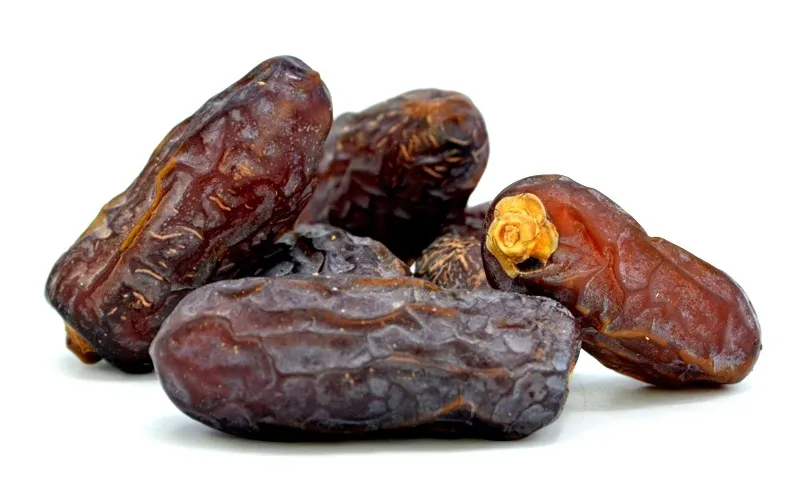
Pembekal Kurma: Driving Sustainable Practices
The Importance of Sustainable Farming Practices in the Kurma Industry
Sustainable farming practices play a crucial role in ensuring the long-term viability and environmental health of the kurma industry. By adopting eco-friendly cultivation methods, Pembekal Kurma (dates suppliers) can minimize negative impacts on the ecosystem, conserve natural resources, and maintain the quality and productivity of their crops. In Malaysia, efforts are being made to encourage both domestic and international kurma suppliers to embrace sustainability and contribute to a greener future.
Challenges Faced by Dates Suppliers
Before delving into the initiatives, it’s important to understand the challenges that dates suppliers encounter when transitioning to sustainable farming practices.
1. Limited Awareness and Education
One of the primary challenges is the limited awareness and education regarding sustainable farming practices among dates suppliers. Many suppliers may not be familiar with the potential benefits or the specific techniques involved in adopting sustainable methods.
2. Cost Considerations
Implementing sustainable practices often requires upfront investments in infrastructure, equipment, and training. Dates suppliers, especially small-scale farmers, may face financial constraints when trying to adopt these practices.
3. Technical Knowledge and Expertise
Sustainable farming practices can involve complex techniques and require expertise in areas such as organic farming, water conservation, and soil management. Lack of technical knowledge and access to relevant training programs can hinder the adoption of sustainable practices.
4. Market Demand and Certification
The demand for sustainably produced kurma is growing globally. However, obtaining certifications and meeting specific sustainability standards can be a challenging process. Dates suppliers need to understand market requirements and navigate the certification process to access premium markets.
Initiatives to Encourage Sustainable Farming Practices
To address these challenges and promote sustainable farming practices among dates suppliers, several initiatives have been introduced in Malaysia.
1. Government Support and Policies
The Malaysian government has implemented policies and initiatives to encourage sustainable agriculture practices across various sectors, including the kurma industry. These policies provide financial incentives, grants, and technical assistance to farmers and suppliers who adopt sustainable practices.
2. Research and Development
Research institutions and agricultural organizations collaborate to develop sustainable farming techniques specifically tailored to kurma cultivation. These initiatives focus on improving water efficiency, minimizing chemical inputs, and enhancing soil health through organic farming methods.
3. Training and Capacity Building
Training programs and capacity-building initiatives are conducted to educate dates suppliers about sustainable farming practices. These programs cover topics such as organic farming, integrated pest management, water conservation, and soil conservation. By equipping suppliers with the necessary knowledge and skills, they are better positioned to adopt sustainable practices.
4. Certification Programs
Certification programs, such as organic certifications and sustainability labels, are being promoted to encourage dates suppliers to meet specific sustainability standards. These certifications provide assurance to consumers and facilitate access to premium markets that prioritize sustainability.
5. Collaboration and Knowledge Sharing
Collaborative platforms and networks bring together various stakeholders, including dates suppliers, researchers, government agencies, and non-governmental organizations. These platforms facilitate knowledge sharing, best practices, and information exchange, enabling suppliers to learn from each other’s experiences and collectively work towards sustainable farming practices.
Conclusion
The adoption of sustainable farming practices is vital for the long-term sustainability of the kurma industry in Malaysia. Despite the challenges faced by Pembekal Kurma, initiatives are in place to encourage the transition to more eco-friendly cultivation methods. Government support, research and development efforts, training programs, certification schemes, and collaborative platforms all contribute to the promotion of sustainable farming practices. By embracing sustainability, kurma suppliers can mitigate environmental impacts, improve crop quality, and meet the growing global demand for responsibly produced kurma.
Key Highlights
– Sustainable farming practices are essential for the long-term viability and environmental health of the kurma industry.
– Challenges faced by kurma suppliers include limited awareness, cost considerations, technical knowledge gaps, and meeting market demand and certification requirements.
– Initiatives in Malaysia include government support, research and development, training and capacity building, certification programs, and collaboration platforms.
– These initiatives aim to educate suppliers, provide financial assistance, develop sustainable techniques, and foster knowledge sharing.
– The adoption of sustainable farming practices contributes to environmental conservation, improved crop quality, and meeting the sustainable demands of the market.